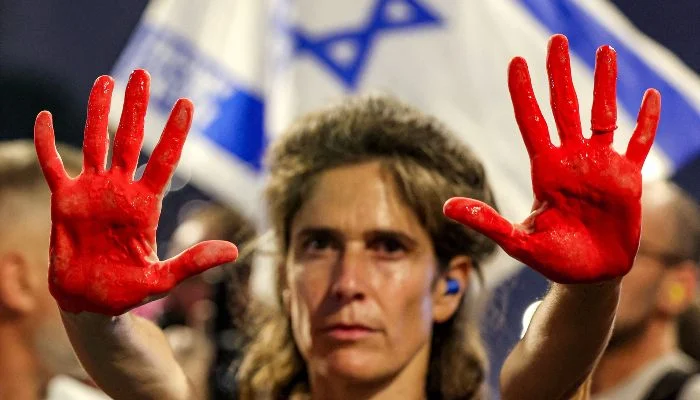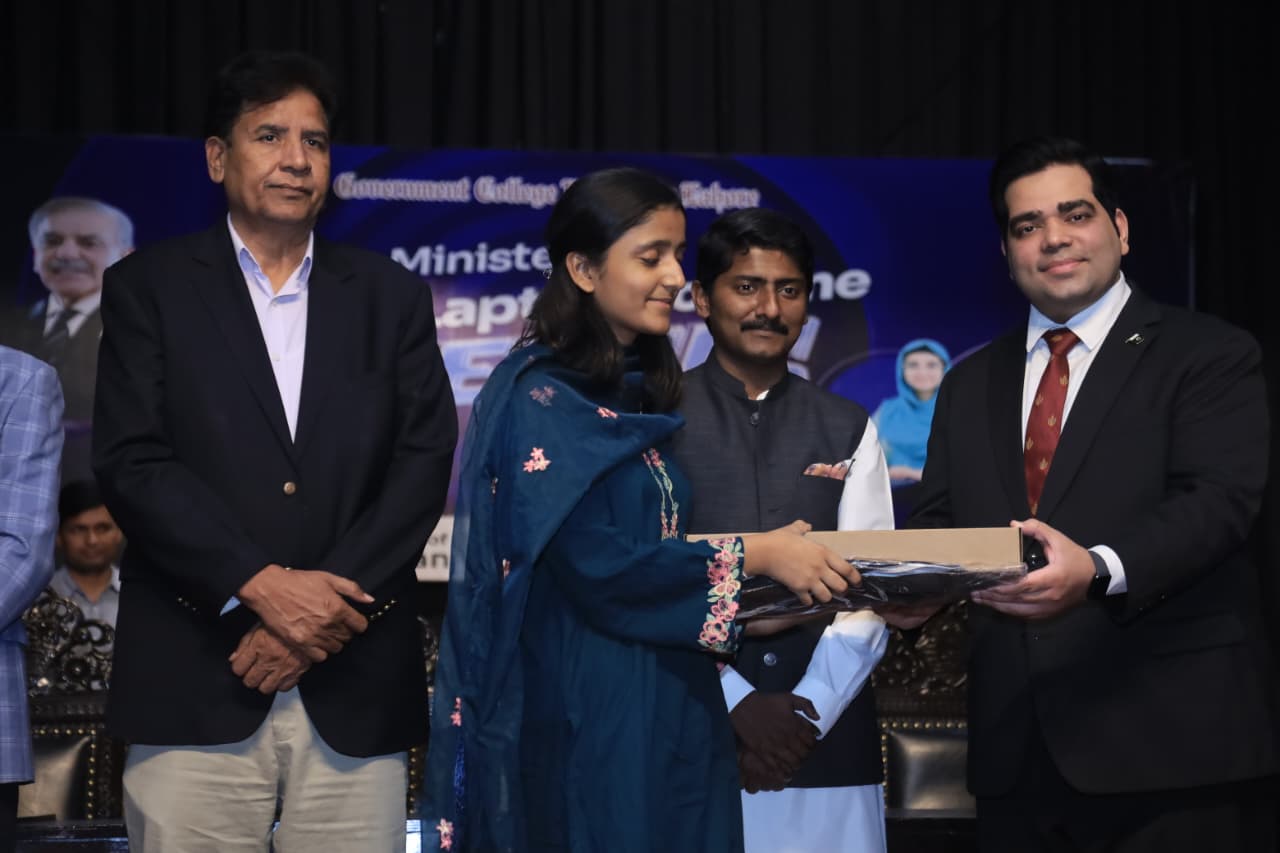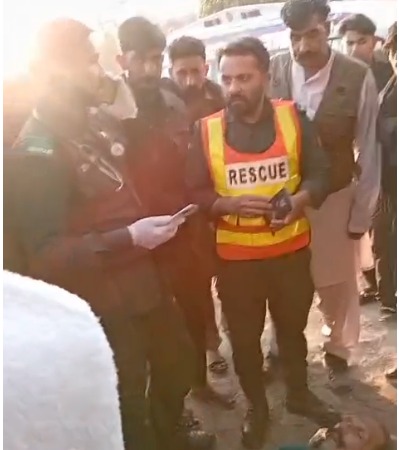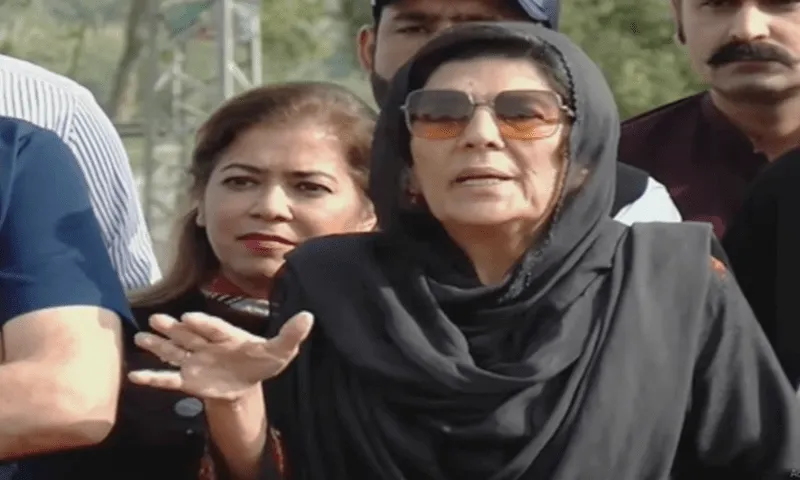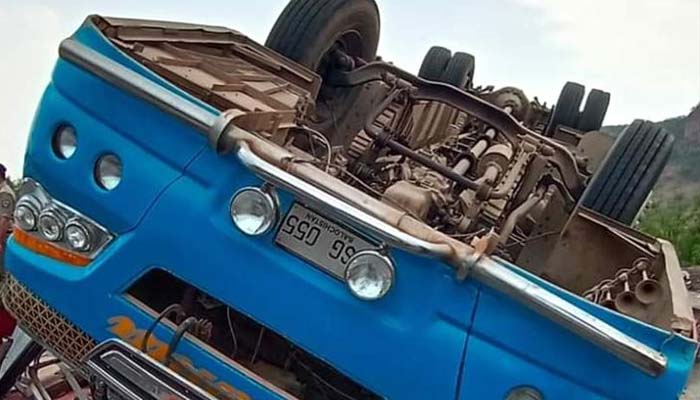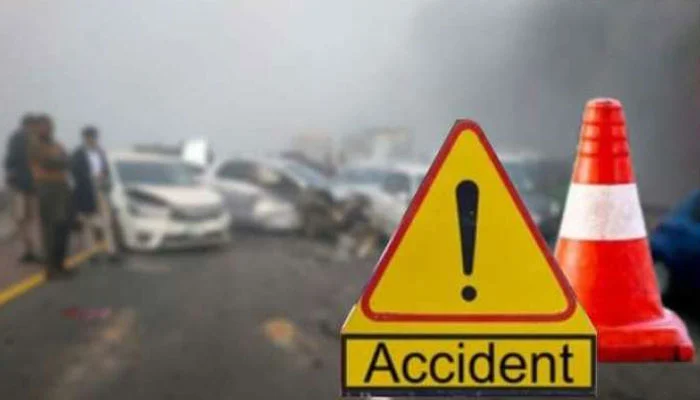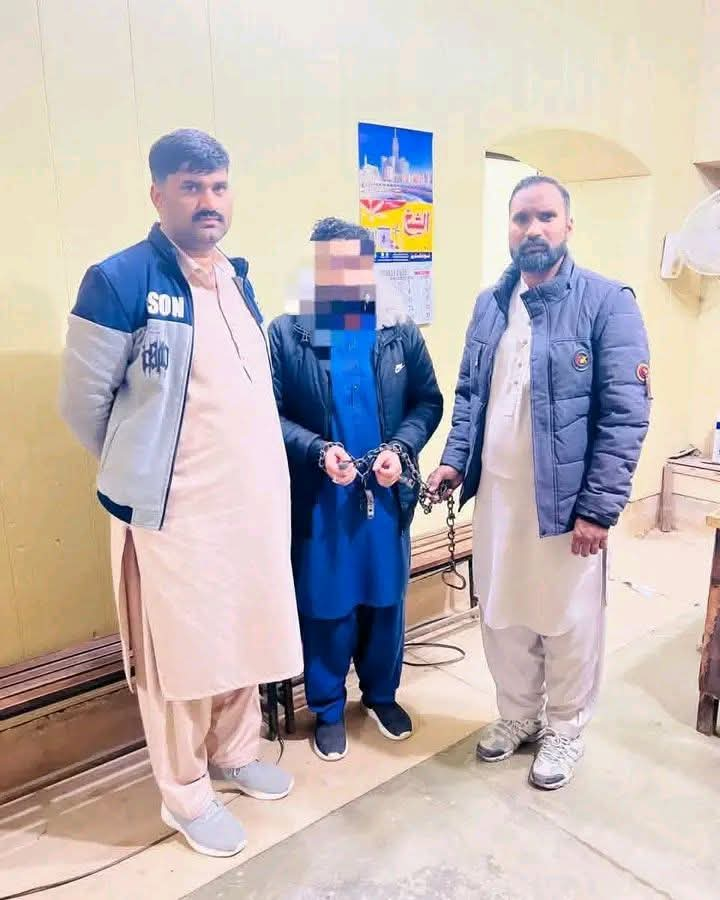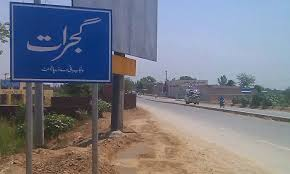Metro53 - As it grinds on well into its twenty-second month, Israel's war in Gaza has set friends and families against one another and sharpened existing political and cultural divides.
Hostage families and peace activists want Prime Minister Benjamin Netanyahu's government to secure a ceasefire with Hamas and free the remaining captives abducted during the October 2023 Hamas attacks.
Right-wing members of Netanyahu's cabinet, meanwhile, want to seize the moment to occupy and annex more Palestinian land, at the risk of sparking further international criticism.
The debate has divided the country and strained private relationships, undermining national unity at Israel's moment of greatest need in the midst of its longest war.
"As the war continues we become more and more divided," said Emanuel Yitzchak Levi, a 29-year-old poet, schoolteacher and peace activist from Israel's religious left who attended a peace meeting at Tel Aviv's Dizengoff Square.
"It's really hard to keep being a friend, or family, a good son, a good brother to someone that's — from your point of view — supporting crimes against humanity," he told AFP.
"And I think it's also hard for them to support me if they think I betrayed my own country."
As if to underline this point, a tall, dark-haired cyclist angered by the gathering pulled up his bike to shout "traitors" at the attendees and to accuse activists of playing into Hamas's hands.
No flowers
Dvir Berko, a 36-year-old worker at one of the city's many IT startups, paused his scooter journey across downtown Tel Aviv to share a more reasoned critique of the peace activists' call for a ceasefire.
Berko and others accused international bodies of exaggerating the threat of starvation in Gaza, and he told AFP that Israel should withhold aid until the remaining 49 hostages are freed.
"The Palestinian people, they're controlled by Hamas. Hamas takes their food. Hamas starts this war and, in every war that happens, bad things are going to happen. You're not going to send the other side flowers," he argued.
"So, if they open a war, they should realise and understand what's going to happen after they open the war."
The raised voices in Tel Aviv reflect a deepening polarisation in Israeli society since Hamas's October 2023 attacks left 1,219 people dead, independent journalist Meron Rapoport told AFP.
Rapoport, a former senior editor at liberal daily Haaretz, noted that Israel had been divided before the latest conflict, and had even seen huge anti-corruption protests against Netanyahu and perceived threats to judicial independence.
Hamas's attack initially triggered a wave of national unity, but as the conflict has dragged on and Israel's conduct has come under international criticism, attitudes on the right and left have diverged and hardened.

